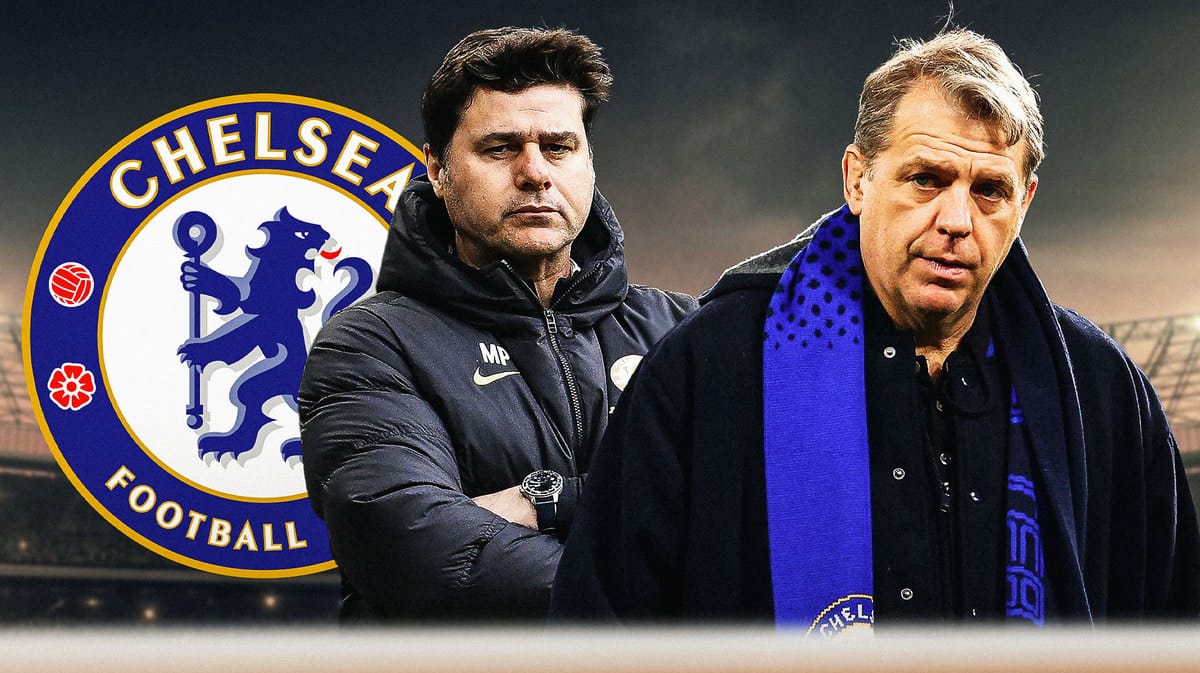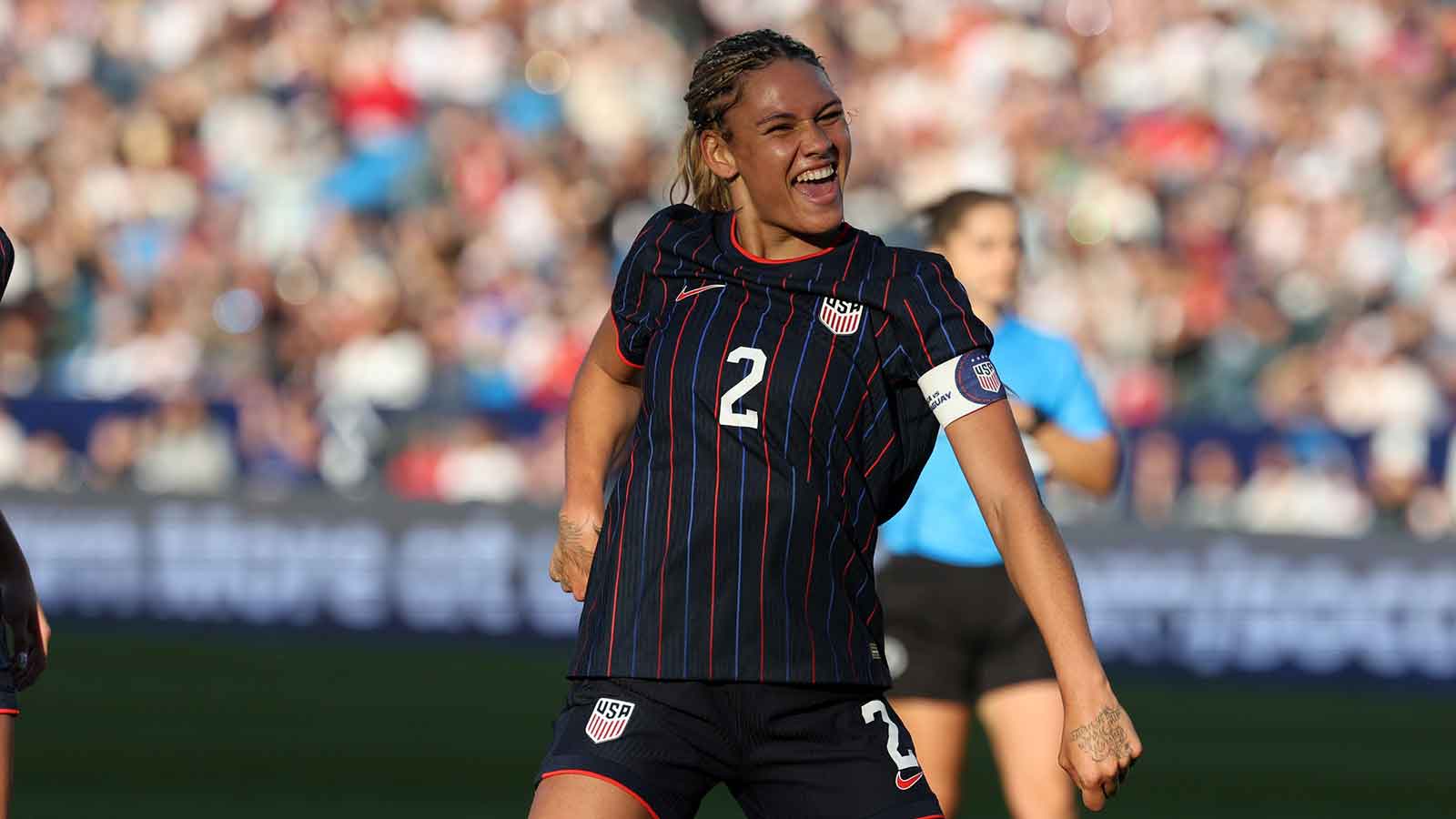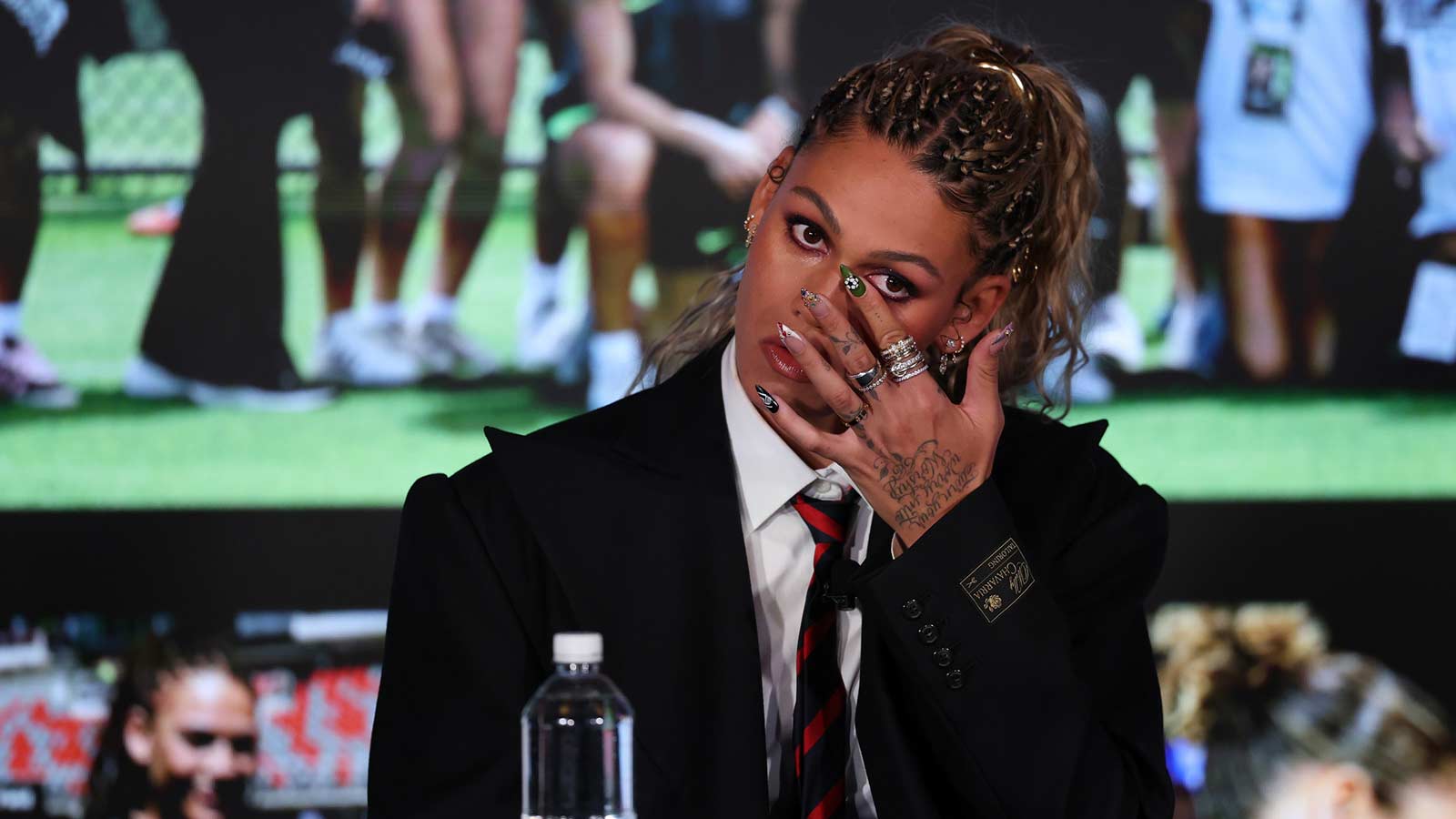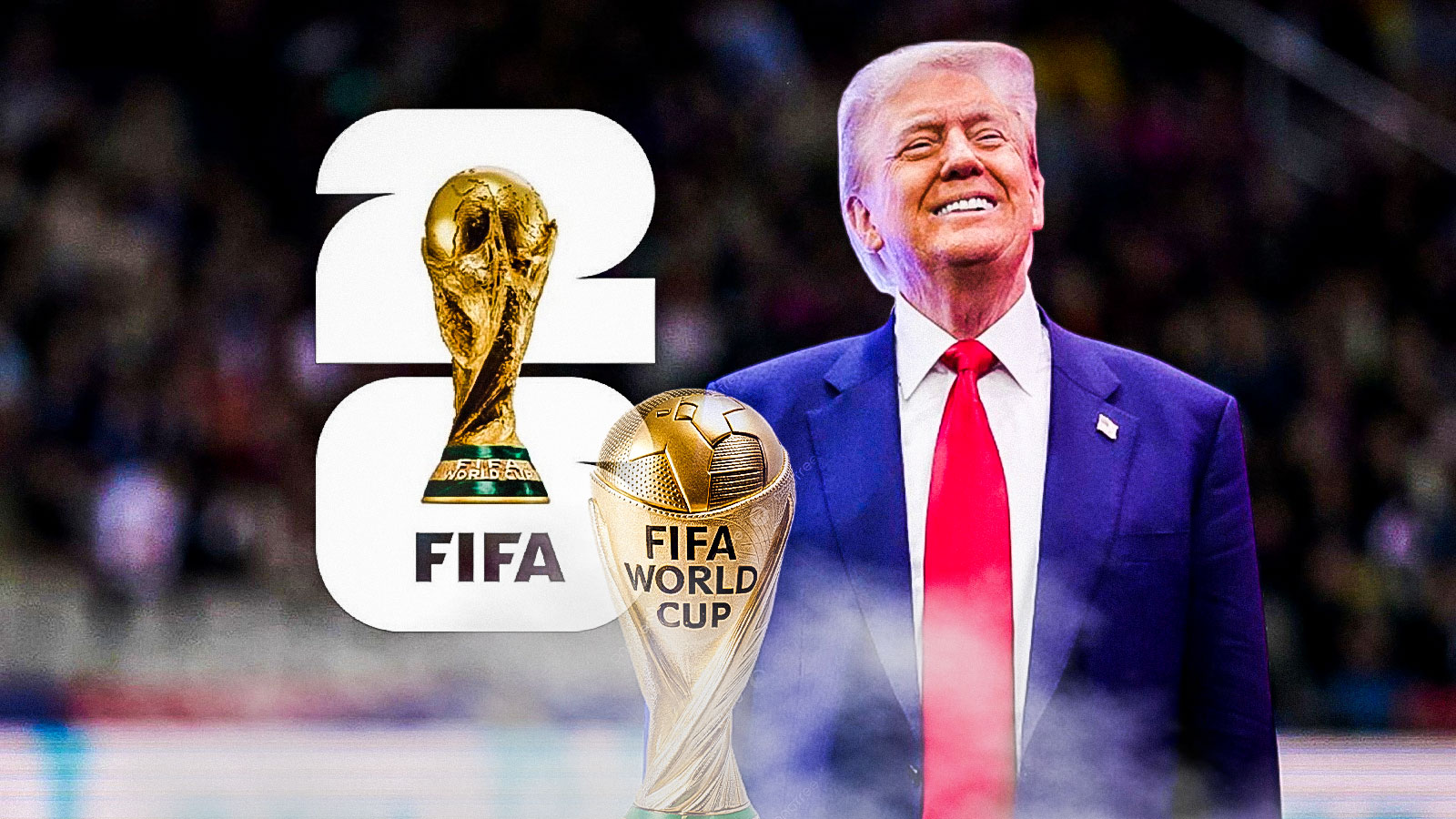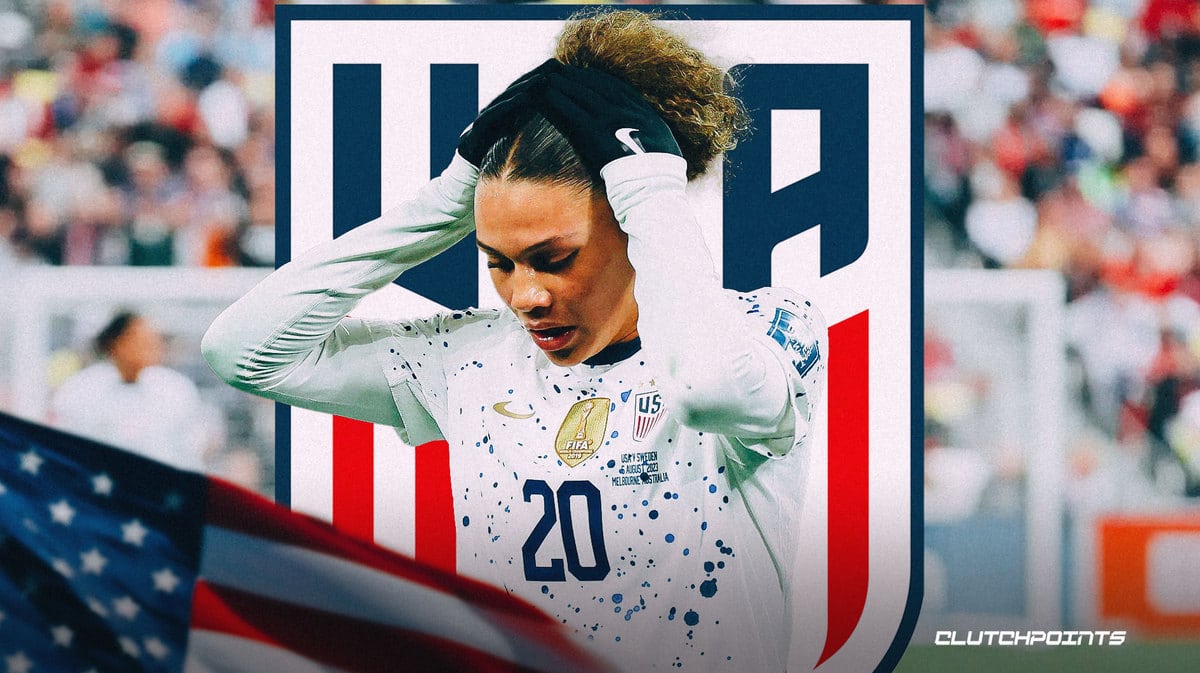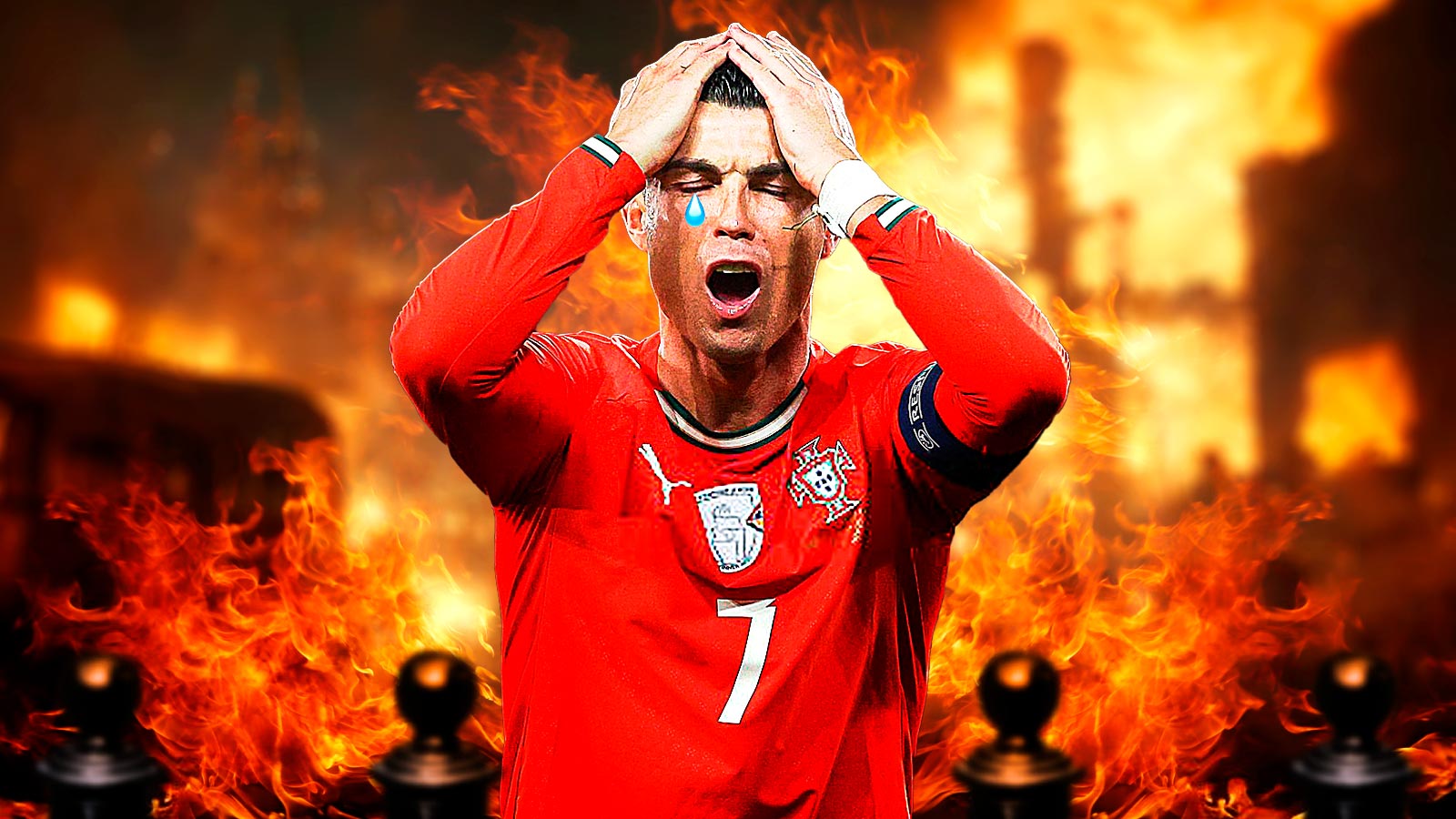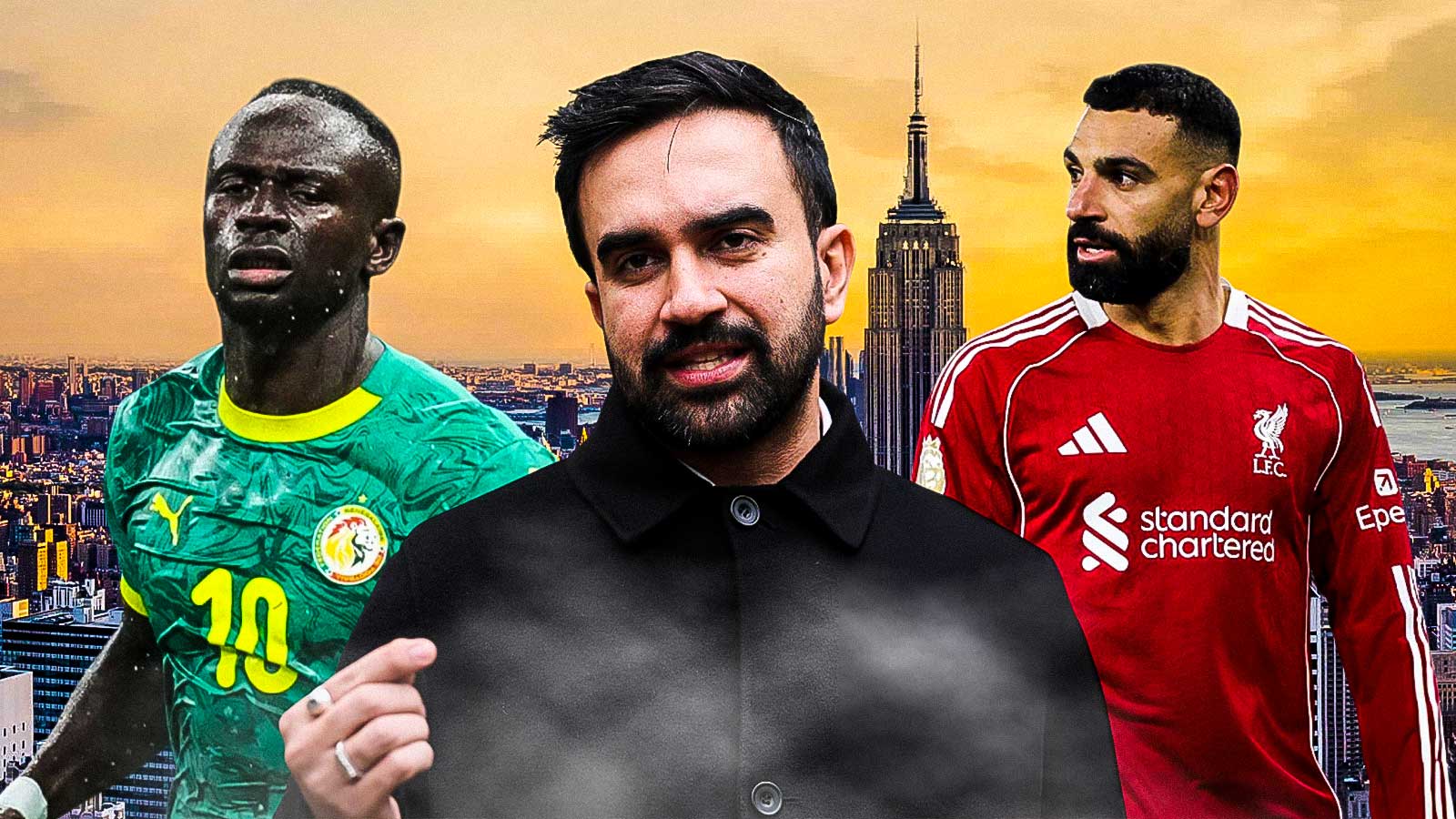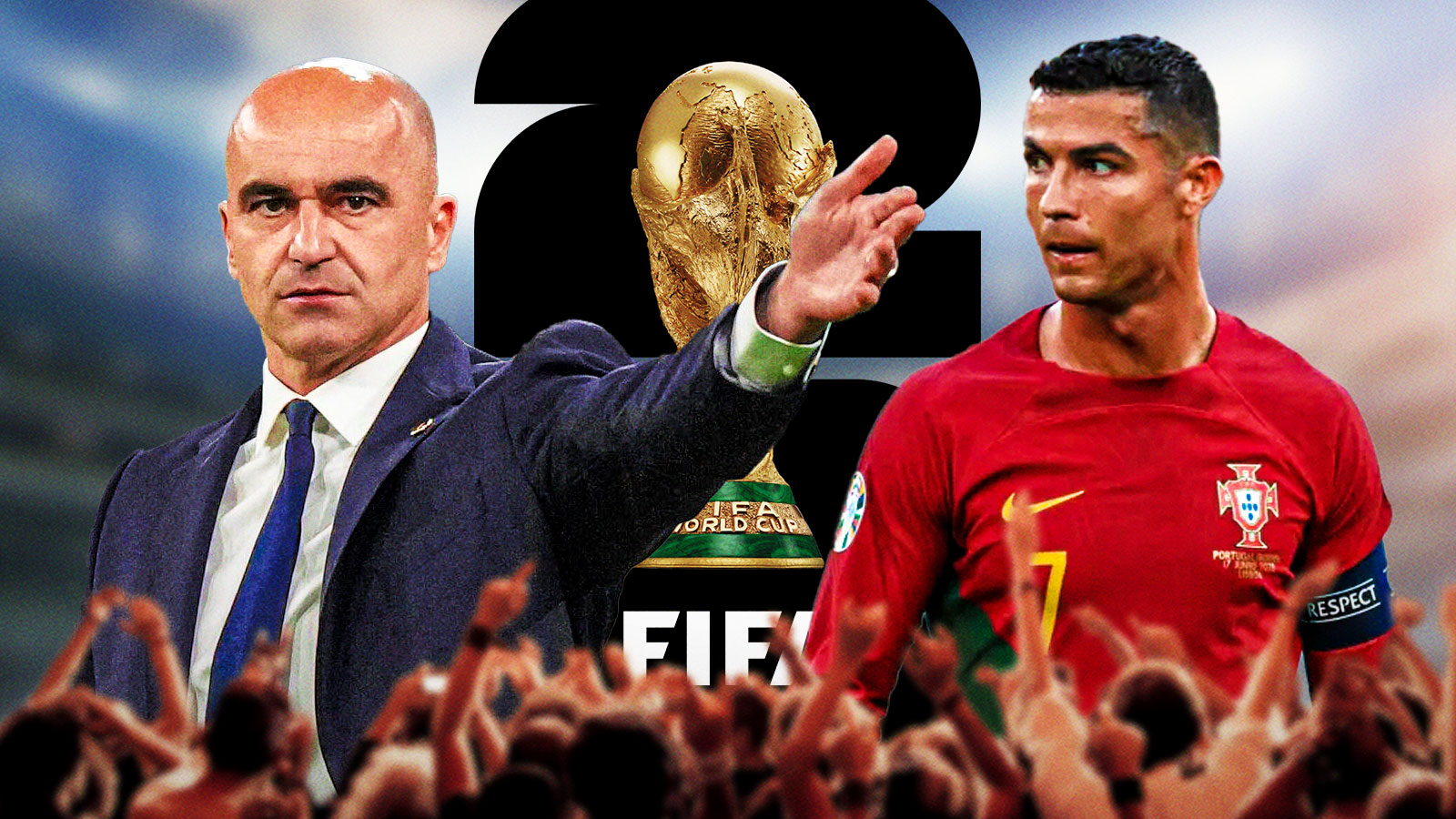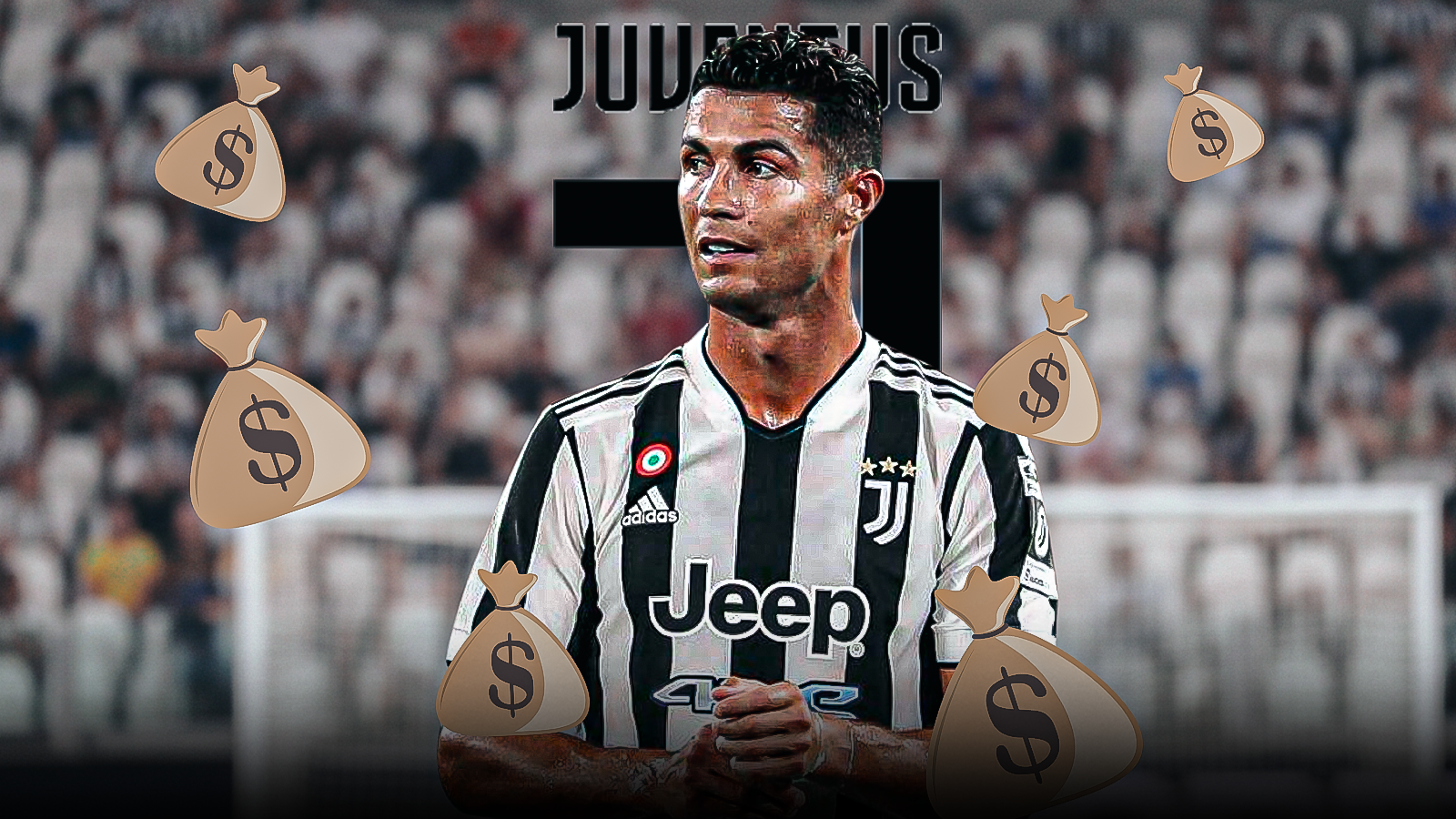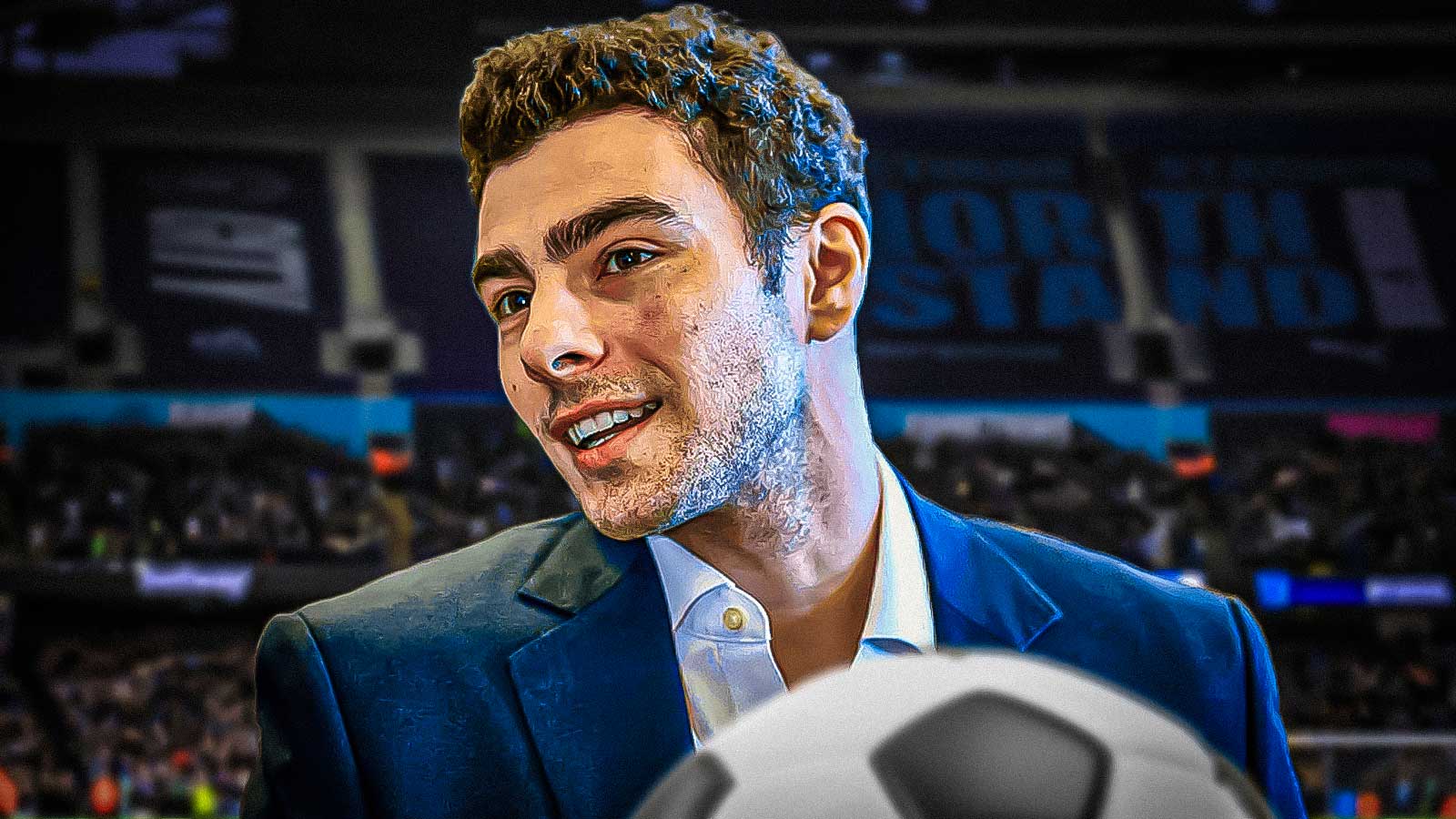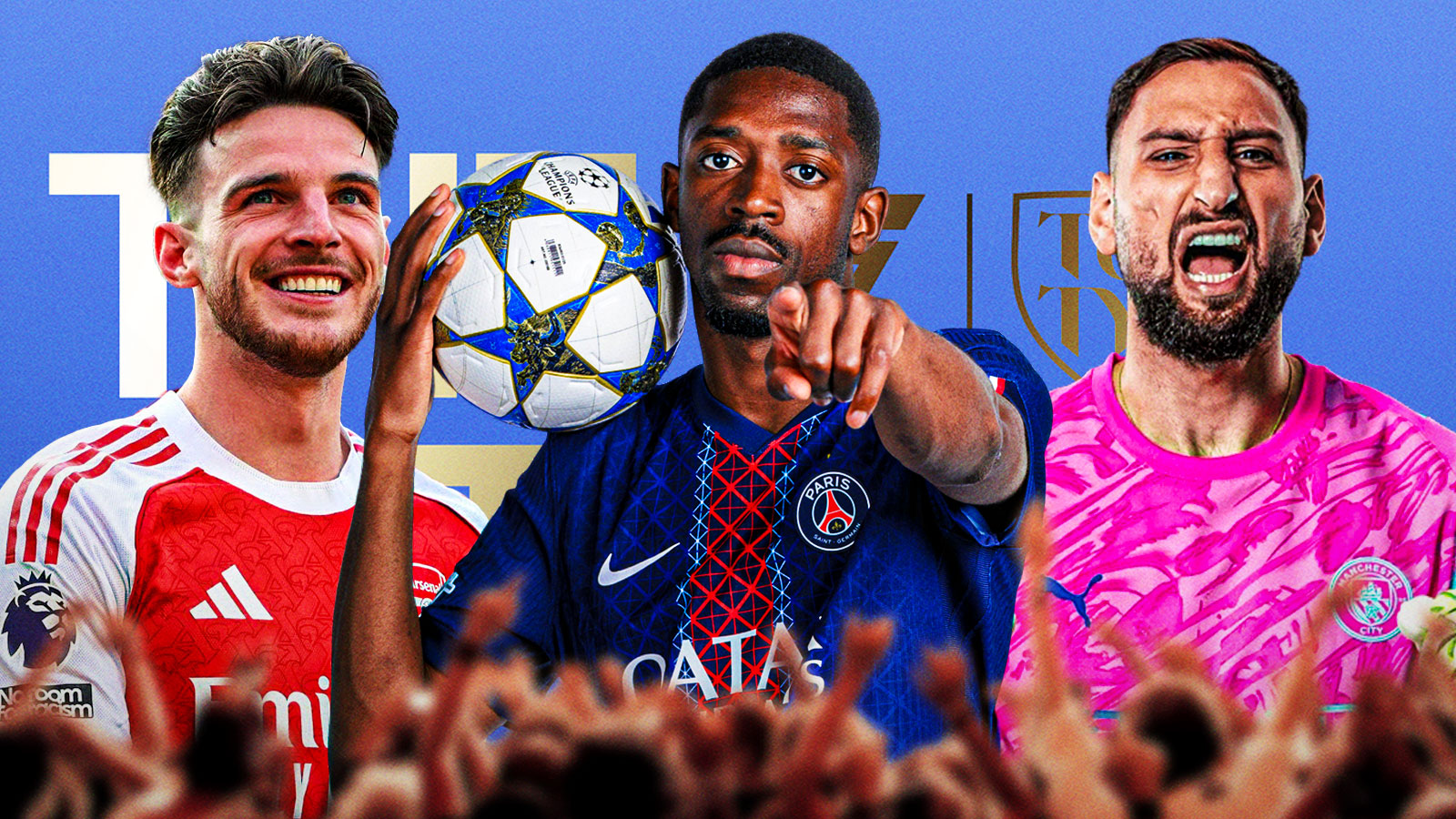Controversies often lurk behind the scenes in the whirlwind world of football transfers. Chelsea's rising star, David Datro Fofana, is at the epicenter of a legal battle that has sent shockwaves to the footballing community. The 21-year-old striker, who made headlines with his £13 million move from Norwegian side Molde to Chelsea in January 2023, now finds himself entangled in a complex dispute involving his former clubs and a quest for justice.
Fofana's journey from his homeland of Ivory Coast to the hallowed grounds of Stamford Bridge has been nothing short of remarkable. His meteoric rise saw him don the jerseys of Molde, Union Berlin, and currently, Burnley, where his talent has shone brightly, evident in his impressive goal-scoring record. However, beneath the surface of his stellar career lies a legal battle threatening to overshadow his achievements on the pitch.
At the heart of the controversy lies a dispute between Molde and Fofana's first club, Abidjan City, who claim that the Norwegian outfit's young striker was “stolen” from them. Abidjan City alleges that Fofana had a long-term contract with them, rendering his transfer to Molde illegitimate. They assert that they are entitled to a significant portion of the transfer fee paid by Chelsea to Molde, along with additional compensation for a missed opportunity to sell him to French side Angers.
The ramifications of this legal battle extend far beyond the confines of a courtroom. The case raises pertinent questions about the ethics and integrity of football transfers, particularly concerning the treatment of young talents from developing nations. It underscores the vulnerability of clubs in regions like Africa, where financial resources are often limited, and the lure of lucrative deals from European giants can potentially undermine the stability of domestic football structures.
The situation poses a dilemma for Chelsea as they navigate the complexities of Fofana's contractual dispute. While the club has yet to comment on Abidjan City's claims, they undoubtedly face scrutiny regarding their recruitment practices and adherence to FIFA regulations governing player transfers. The outcome of this legal battle could have far-reaching implications for Chelsea and other elite clubs, prompting calls for greater transparency and accountability in the transfer market.
Meanwhile, Abidjan City remains steadfast in their pursuit of justice, with club president Marc Ne expressing determination to escalate the case to higher authorities if necessary. Their unwavering stance underscores the broader significance of this dispute, transcending individual interests to champion the rights of smaller clubs and aspiring young talents across the globe.
As the legal saga unfolds, David Datro Fofana finds himself at the center of a storm, his promising career overshadowed by the complexities of contractual disputes and legal wrangling. Yet, amidst the turmoil, there remains hope for a resolution that upholds the principles of fairness and equity in football. For Chelsea and the wider footballing community, the Fofana saga is a stark reminder of the challenges inherent in pursuing sporting glory and the imperative of preserving the integrity of the beautiful game.

